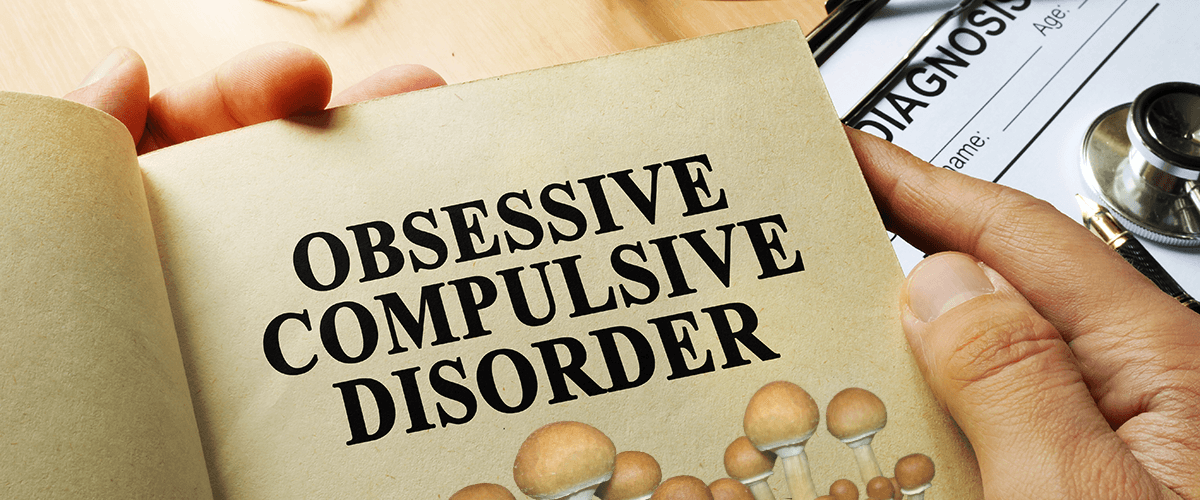
Magic Mushrooms. The life of the trance scene and, to some, an escape into new realities, new dimensions. Receiving an "illegalized" status in… The active ingredient behind this fundamental fungus, Psilocybin, received world-wide popularity as being a dangerous psychoactive drug, accompanied by myths revolving around certain individuals jumping to their death, thinking that they can fly, after consuming Psilocybin. While many frequent users of this substance can confirm that these horror stories are nothing more than scare tactics, I think that it is important to consider whether Psilocybin is really a drug like our governments claim.
I was enrolled in a Herbology course for a short period where the word "drug" was defined as "a synthetic substance manufactured with the intention of generating a profit." A "herb," on the other hand, was defined as "a plant, or plant part, used as a whole for its medicinal properties ". Based on these definitions, I think it is safe to conclude that Psilocybin holds a closer resemblance to herbs, as opposed to drugs, and, in case you were wondering… yes, Psilocybin can be used medicinally.
So how can Psilocybin act as a medicinal substance? I was diagnosed with severe OCD, in 2016, which has hindered my ability to function normally since the age of 10. After roughly five admissions into psychiatric hospitals, I was informed by my doctor that my OCD is treatment-resistant and that it will plague me for the rest of my life. I was also diagnosed with other disorders, one of which is Bipolar, resulting in regular depressive crashes. I was placed onto everything from SSRI's to antipsychotics, but nothing seemed to work. In utter desperation, I started looking into the effects of Psilocybin on psychiatric disorders. To my surprise, I stumbled upon research proposing Psilocybin as a possible cure, and long-term relief from OCD.
In this article, I will share my personal struggle with OCD, followed by facts, and research that highlights the benefits of Psilocybin for OCD.
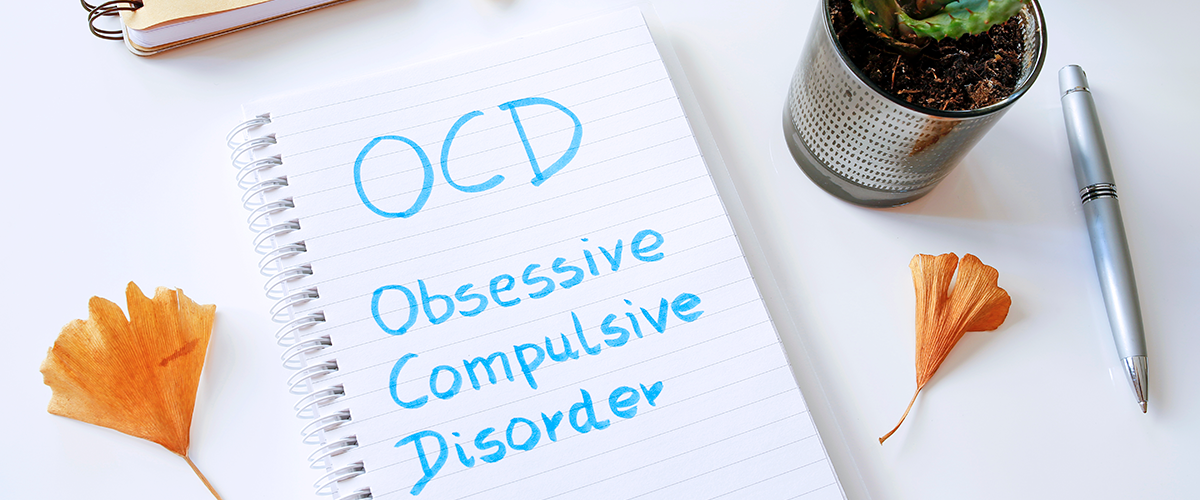
Before treating yourself for OCD, it is important first to determine what OCD really is. My psychiatrist informed me that OCD is a long-term, psychiatric disorder that sits on the borderline of anxiety disorders, and psychosis. In my experience, it consists of distressing, repetitive, and intrusive thoughts that stir severe anxiety that can only be calmed through repetitive, compulsive actions. I refer to my OCD as "The voices "as the best way to explain the OCD would be to say that there are voices in my head that threaten to make bad things happen if I don't listen to them. Furthermore, the name says it all. Obsessive-Compulsive Disorder – Obsessive thoughts accompanied by Compulsive behaviors and rituals. Now, I am sure that you'll agree that this is enough to make anyone believe that they are crazy.
I was first introduced to Psilocybin, or Magic Mushrooms, as we called it, at the age of 17. Back then, I simply enjoyed the trip, but at the age of 21, I noticed my weed supplier offering Psilocybin treatment for cancer patients suffering from depression. This sparked my interest, leading to further research on how Psilocybin can benefit my mental health. The results were astounding, providing a slight glimmer of hope, leading me to conclude that Psilocybin is not a drug, as society has labeled it, but is rather a miracle in the medical world.
Research on the effects of psychedelics on mental health first presented itself during the 1950s. The initial research was presented by McGlothlin and Arnold, who published a study in favor of the benefits of LSD in Psychiatry. This study displayed positive results in those to who this treatment was administered, and the findings were later supported in later studies, published by Walter Pahnke in 1962, a study conducted by Walter Pahnke in 1962, and a more recent study conducted by Roland Griffiths in 2006. William Richards was a member of the psychology faculty of Antioch University in Maryland. In 1999 at Johns Hopkins, he and Roland Griffiths launched the rebirth of psilocybin research after 22 years of dormancy in the United States. His publications began in 1966 with "Implications of LSD and Experimental Mysticism," written together with Walter Pahnke. His book, Sacred Knowledge: Psychedelics and Religious Experiences was released in English by Columbia University Press in 2015.
So, as you can see, the benefits of Psilocybin in the treatment of OCD, has been medically proven to be effective in, not one, but multiple studies that have been conducted on the topic. One of the first studies conducted was initiated with the intent of discovering whether Psilocybin is safe for OCD-sufferers to consume. The results: Not only is it safe, but research found that Psilocybin could potentially cure an incurable illness.
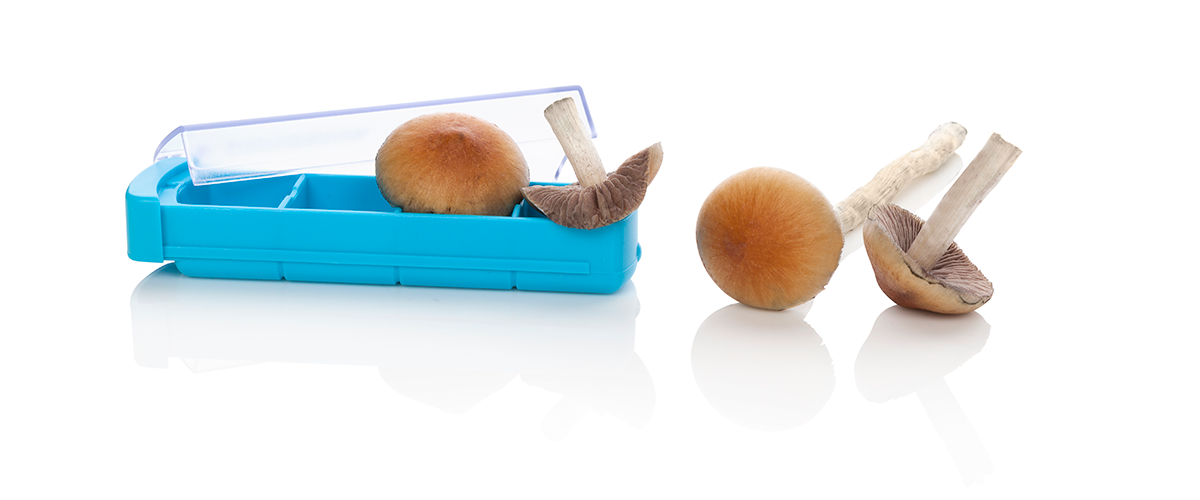
Later in this article, we will look at the "how-to-take" and dosages. My first attempt at treating my OCD, using Psilocybin, involved an onetime dosage of 1.5 grams of Ecuadorian Mushiest. This was the first time in roughly four years that I took Magic Mushrooms, and I was home alone at the time of taking them.
My trip wasn't what I would call "smooth-sailing. "Feeling overwhelmed, I locked myself in my room. My walls were breathing, and alien faces appeared in my bedsheets. I laid down and closed my eyes. My anxiety took the shape of colors that were flying around in my head, attacking me. The trip was reaching a point where I feared that I would never come out of it, then suddenly, bliss. I was free.
Now, along with my previously mentioned disorders, I was also diagnosed with Borderline Personality Disorder, which is a disorder that causes a lack of emotional control. This caused me to have frequent "freak-outs," where I would resort to screaming, temper-tantrums, and violence whenever the slightest event disturbed my emotions. Less than an hour after my trip had worn down, I race Ed upsetting news that would usually be my mire than enough to send me into a rage. Everyone, including myself, was waiting for the "snap" to come… but it didn't. I was calm, and collected, feeling no urge to lash our, whatsoever.
So, Psilocybin had a positive effect on my Personality Disorder, but what about the OCD? Despite the doctor's statements saying that my OCD was treatment-resistant, and would be with me for life, I witnessed an immediate improvement from my treatment. The "voices" were not completely gone; however, they were much quieter. My compulsions, and my obsessive need to listen to the OCD, had completely vanished. These are the immediate results I witnessed after only pone dosage. The effects lasted for more than a week before I had to take another dose. Some success stories claim being operantly cured or being OCD-free for as long as six months after only one dosage. However, if your case is severe, like mine, it may take a few dosages for long-term relief, but some of the effects may be experienced immediately.
There are two ways in which you can administer Psilocybin treatment for OCD.
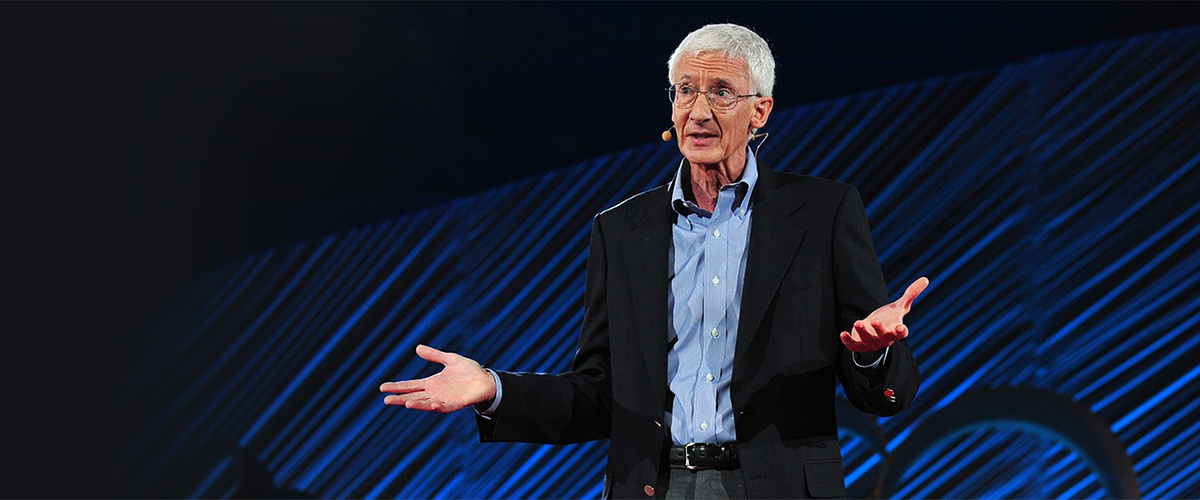
This is the method that I followed and trust me when I say it is not for the faint-hearted. It involves taking a once-off dosage of between 1.5-4 grams and tripping your OCD away. If you are in a negative state of mind, or if you have never taken psychedelics before, it may be best for you to start with the second method to avoid a bad trip. However, if you are looking for quick results, and you are confident in your ability to handle the trip, then the "Go Hard or Go Home" method is for you.
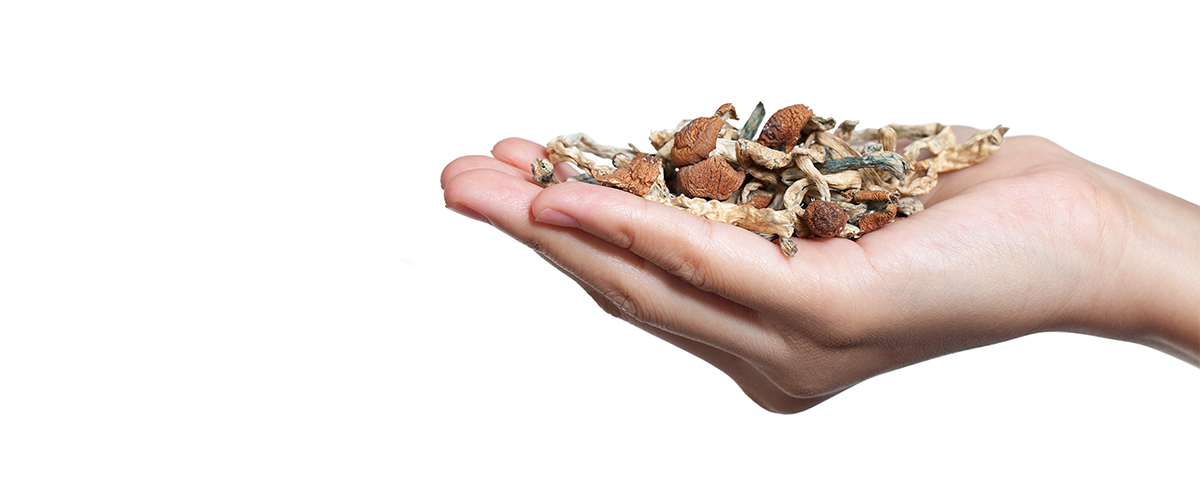
This method was originally proposed to me by my supplier. It involves taking micro-dosages of between 100-500 mg at a time. This is a long-term treatment that is administered once every few days to avoid building up a tolerance. I haven't tried this method myself, but, logically, it is safe to conclude that the effects related to this method are not as potent, and fast as the first method. Still, it would benefit users for a longer duration, as well as avoiding the possibility of a bad trip.
You don't have to look far to find plenty of success stories from OCD-sufferers who have decided to self-medicate with Psilocybin. Substances like Psilocybin, LSD, and MDMA have been clinically proven to benefit various disorders and has even shown psychiatric improvement when administered to soldiers with PTSD.
I have based this article around my own, first-hand experience with Psilocybin treatment for OCD, and I would recommend this route to OCD-sufferers who have been disappointed by doctors, and pharmaceuticals. Psilocybin is safe, effective, and not nearly as addictive as most pharmaceuticals. So, take it from me: Your OCD is not incurable, and it does not have to plague the rest of your life. With increased research on the psychiatric benefits of Psilocybin, you may find that your cure is a mushroom away.